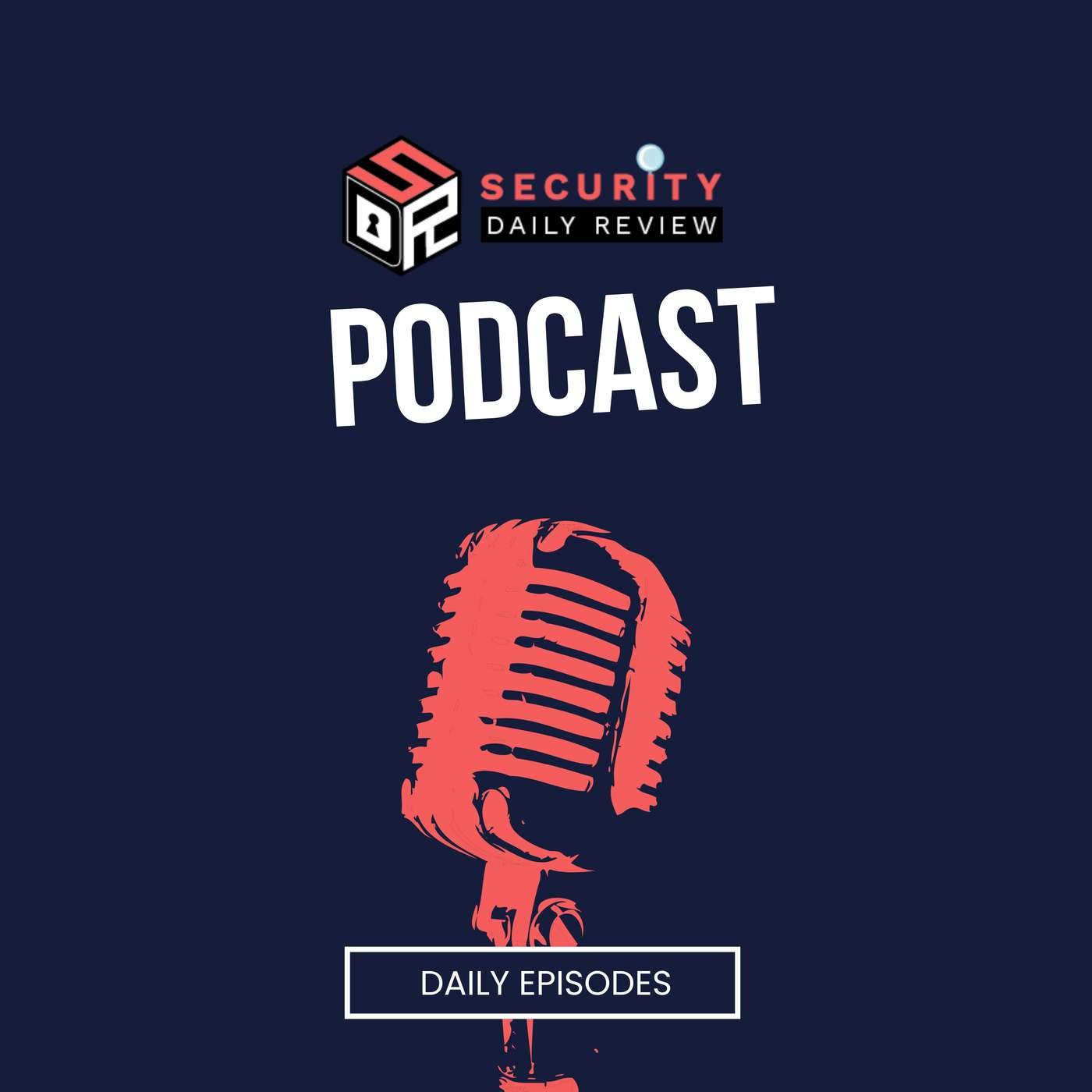In April 2025, NASCAR became the latest victim of a major cyberattack, with hackers infiltrating its network between March 31 and April 3. During the breach, personal information—including names and Social Security numbers—was exfiltrated from NASCAR’s systems. In response, the organization has notified affected individuals, activated its incident response plan, engaged a leading cybersecurity firm, and offered free credit and identity monitoring services.
But the story doesn’t end there. The notorious Medusa ransomware group has claimed responsibility, alleging the theft of 1 terabyte of sensitive data and demanding a $4 million ransom. Although NASCAR has not confirmed Medusa’s claims or whether ransom negotiations took place, the incident highlights the increasingly common tactic of data exfiltration as leverage, beyond mere encryption.
In this episode, we break down:
- How Medusa executed the attack, leveraging techniques like exploiting unpatched vulnerabilities and disabling security tools.
- Why groups like Medusa have shifted toward double and even triple extortion tactics, using stolen data as a weapon.
- The critical lessons from NIST’s Incident Response Life Cycle—from preparation to post-incident analysis—that organizations can apply today.
- The wider implications for the sports industry, which now manages massive volumes of sensitive fan, athlete, and financial data.
- The debate over transparency in ransomware negotiations—should organizations disclose more, or does silence protect victims?
This breach isn’t just a wake-up call for NASCAR—it’s a warning for all high-profile organizations that handle sensitive data. As ransomware groups like Medusa grow more sophisticated, incident response, proactive defenses, and cross-industry information sharing are more critical than ever.
#NASCAR #MedusaRansomware #Cyberattack #DataBreach #Ransomware #Cybersecurity #IncidentResponse #NIST #RaaS #DataExfiltration #IdentityTheft #SportsCybersecurity #DoubleExtortion #TripleExtortion #DarkWeb #CISO #CyberDefense #CyberThreats #InformationSecurity #PersonalDataBreach #NASCARBreach #CreditMonitoring







